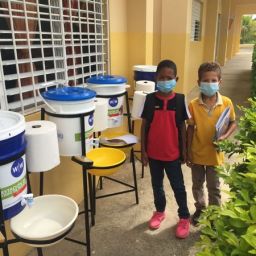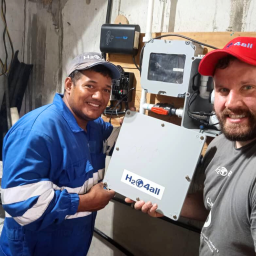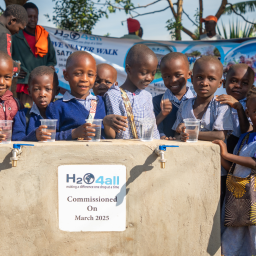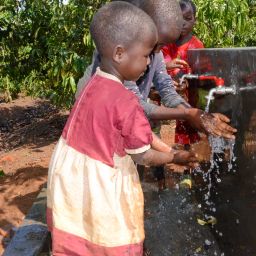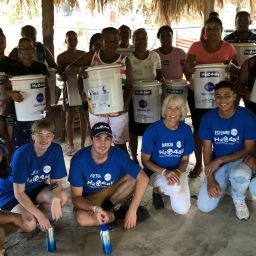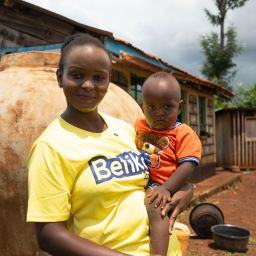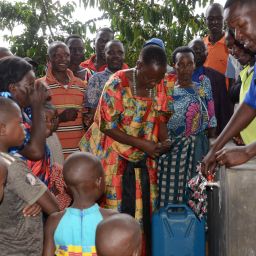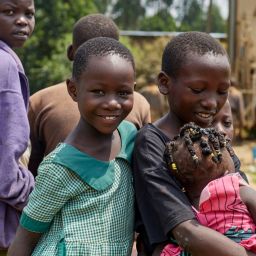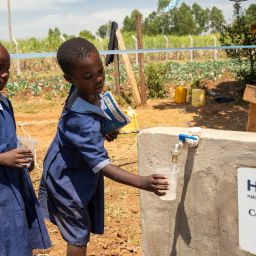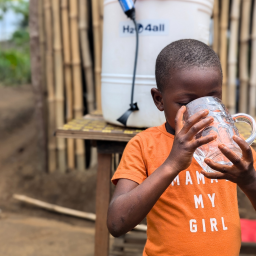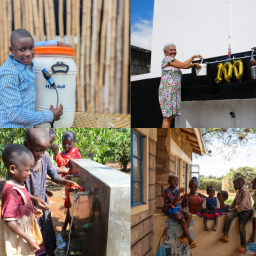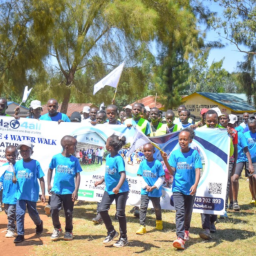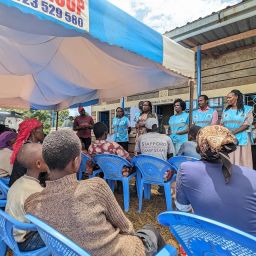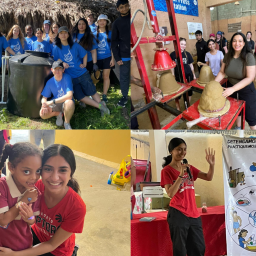Accelerating Action for Women In Water-Stressed Communities
Earlier this year, the United Nations released their International Women’s Day campaign, calling people around the world to “accelerate action” for women’s equality. As we discuss how to “accelerate action,” we have to address the paradox that faces women in water-stressed communities around the world. Women in the developing world deserve the chance to be the leaders of their own empowerment, knowing their own needs, the needs of their families and of their communities. And women are frequently the first to take the lead in improving life in their communities, whether that means joining a water committee to make sure their community’s water is managed fairly, or getting their daughters to school.
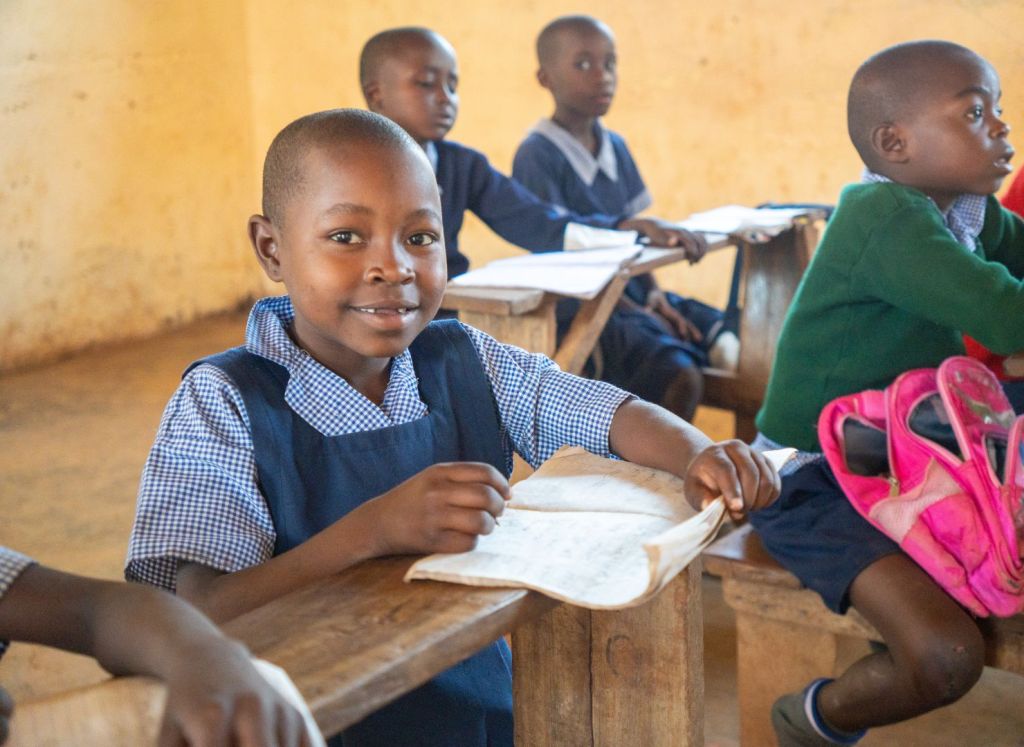
The empowerment of women and girls in water-stressed communities, starts and finishes with women and girls in water-stressed communities – but the daily burdens of water scarcity frequently stand in the way of creating a better life.
In an episode of H2O4ALL’s podcast Water Walk Talk, life coach Suzannah Kelly explains the roadblocks to empowerment for women in water-stressed communities. “How can you even begin to think of taking your life to the next level… when you are so focused on your basic needs? When your every next thought is how do I quench my thirst, how do I quench the thirst of my family… how do I get water, and even if I can make the journey, am I strong enough today to carry it back? Will that water be safe? It’s such an impossible thought, and yet it’s an ever-present thought for so many women.”
Across the developing world, the average woman spends at least an hour each day collecting water for her family. However, in areas where water is extremely scarce, these trips can take far longer. Since this task often falls to young girls, the water walk often robs girls of one of their greatest opportunities for empowerment – their education.
Girls who finish secondary school are likely to marry and start families later, decreasing their chances of dying in childbirth. Their children tend to be healthier, and they are more likely to complete their secondary education as well — especially their daughters. They have opportunities to learn new skills, empowering them to support themselves and their families. Education can change a girl’s life – but thousands of young girls across the world miss school every day to collect water for their families. This often leaves them with no choice but to drop out, and poverty may render families unable to support girls’ education.
Thanks to the burden and the dangers posed by the daily trip for water, thousands of young girls will have to give up their education and their best shot for a better future. Without the ability to make their own living, these girls may have no choice but to depend on their families or in-laws – leaving them with no way out for themselves or their children in the face of domestic violence.
For many young women, education is the first stepping stone towards a life where they can forge their own destinies and take an active part in their communities – but this is not possible for thousands of girls worldwide while their schools lack safe water access. Through safe water initiatives, however, we can empower young girls and women to finish their education, reach their full potential, and break down barriers in their communities to a brighter future.
Not only does the presence of a safe water source in the community free women from the responsibility of collecting water, it allows women to take the lead in ensuring their community’s continued safe water access. By taking an active role in maintaining their community’s water resources, these women help ensure that their communities continue to benefit from safe water and that their children will have safe water. Whereas the responsibility of collecting water was a burden on women, H2O4ALL’s safe water systems have given them the opportunity to empower themselves and make positive, lasting change in their communities.
If we want to accelerate change towards global women’s empowerment, it’s not enough to talk about empowerment. We need to start by ensuring that women in the developing world have the tools and resources to empower themselves and their daughters. Something as simple as safe water access can save lives, remove barriers to equality and empower women to change the world around them.


